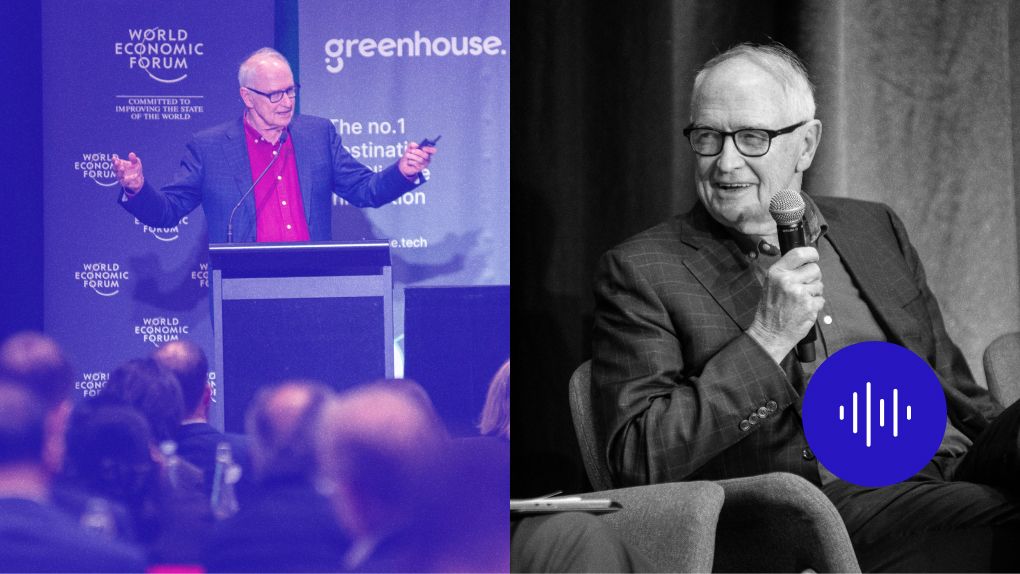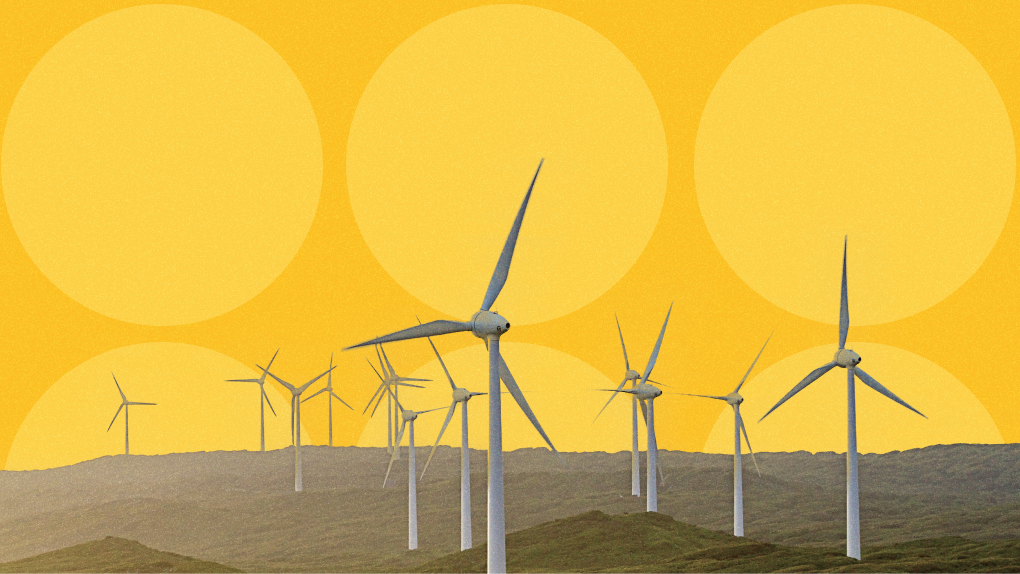TSI's Ross Garnaut and Isabelle Grant collaborated on this paper with researchers Gerard Drew (ZEN Energy) and Dr Jason Alexandra (ANU).
Australia is well positioned to develop large quantities of sustainably-sourced low-carbon liquid fuels. Australia’s large land masses for growing sustainable biomass, world-class solar and wind energy potential for renewable-powered processing and existing high-quality refining and export infrastructure make it a natural producer of sustainable fuels.
In 2021, researchers from The Superpower Institute authored the Low Carbon Landscapes Discussion Paper, outlining how the state of Victoria could position itself as a supplier of low-carbon liquid fuels. This report, commissioned by VicForests, details the opportunity for Victorian forestry and plantation managers to become leaders in zero-carbon industries, through a careful reorientation of their role as managers of carbon in the landscape.
The report outlines the opportunities presented by making use of existing stranded assets from forestry plantations and industry wastes, and from new plantations across Victoria, and how they can contribute to the new economies of a low-carbon world.
Role for government
The Low Carbon Landscapes Discussion Paper sets out a clear plan for the future role of a state entity, that we have named the Victorian Land Carbon Corporation (VLCC) to facilitate and guide new developers of low carbon liquid fuel feedstocks while connecting up innovators in academia and the forestry and horticultural sectors and being informed advocates of scientific and practical knowledge of energy crops.
It is the role of Government to correct for externalities of market exchange to deliver outcomes consistent with the public interest. This paper outlines the potential role for the VLCC – built on the established strengths of VicForests – to contribute to the commercial base from which Victoria leads the emergence of the land carbon economy.
The Land Carbon Corporation’s balance sheet would contain the capital value of the growing carbon stock within the State forest estate. The value would derive from the potential for sale in carbon markets. The Land Corporation would be able to borrow on reasonable terms with this asset on its balance sheet.
The Victorian Land Carbon Corporation would have responsibility for developing trees on public and private land throughout the State. It would operate within constraints established by an external agency to ensure that environmental and wider human values beyond carbon were fully taken into account. The broader framework will need to ensure that the public lands’ capacity to generate ecosystem services – such as habitat, watershed protection and sequestration – is sustained.
The VLCC would also invest where there was a commercial case based on the state’s cost of capital. It would develop expertise in innovative arrangements to bring others’ ownership of land and management of appropriate parts of a biomass-growing business into productive interaction with its own access to long-term capital and specialist knowledge.
Potential activities carried out by VLCC:
- Enable a biomass market: as a plantation broker linking growers and processors in and across the timber/biomass supply chain; facilitating the scaling up of processing investment across commodity types; and brokering, monetising and providing assurance on silvicultural services including for carbon markets.
- Expert service provider: Using the established technical expertise of VicForests the VLCC would become an expert service provider in sequestration of carbon in all parts of the landscape; including regional and landscape-scale assessment and spatial priority planning; and developing premium state-based carbon products.
- Support innovation and skills: Economically efficient levels of innovation will only occur if firms generating benefits to the rest of the economy and society, beyond those that they can capture themselves, receive public fiscal support. The VLCC would lead or contribute to R&D programs for forest species, markets and resource management and also training of new skills.
- Correct market failures: The VLCC would correct the market failure in long term capital investments through financing arrangements such as state purchasing agreements or underwriting of plantations.
Green Carbon Industry Opportunities
The report outlines the opportunities presented by making use of existing stranded assets from forestry plantations and industry wastes, and from new plantations across Victoria, and how they can contribute to the new economies of a low-carbon world.
The report also outlines a new opportunity for Victoria’s State Government to maximise carbon sequestration of Victorian native forests upon cessation of native forest harvesting.
Further opportunities will come by integrating into forest management First Nation’s knowledge of land resources to help us better manage the most carbon-dense forests in the world, ensuring they are resilient and managing fire risk into the future.
Findings include:
- Forestry waste alone could produce over 900 ML of Sustainable Aviation Fuel (SAF) – just over 10% of Australia’s current annual aviation fuel demand.
- Carbon farming on private land, integrated with grazing and cropping enterprises, could sequester an estimated 220 Mt CO₂e, more than half of Australia’s total annual emissions in 2022.
- Converting all Victorian biomass into biochar could store the equivalent of 10% of the state’s 2021 emissions (2% of Australia’s).
- Combining agricultural and forestry waste biomass with Short Rotation Tree (SRT) plantations could supply one-third of Australia’s annual aviation fuel needs.






